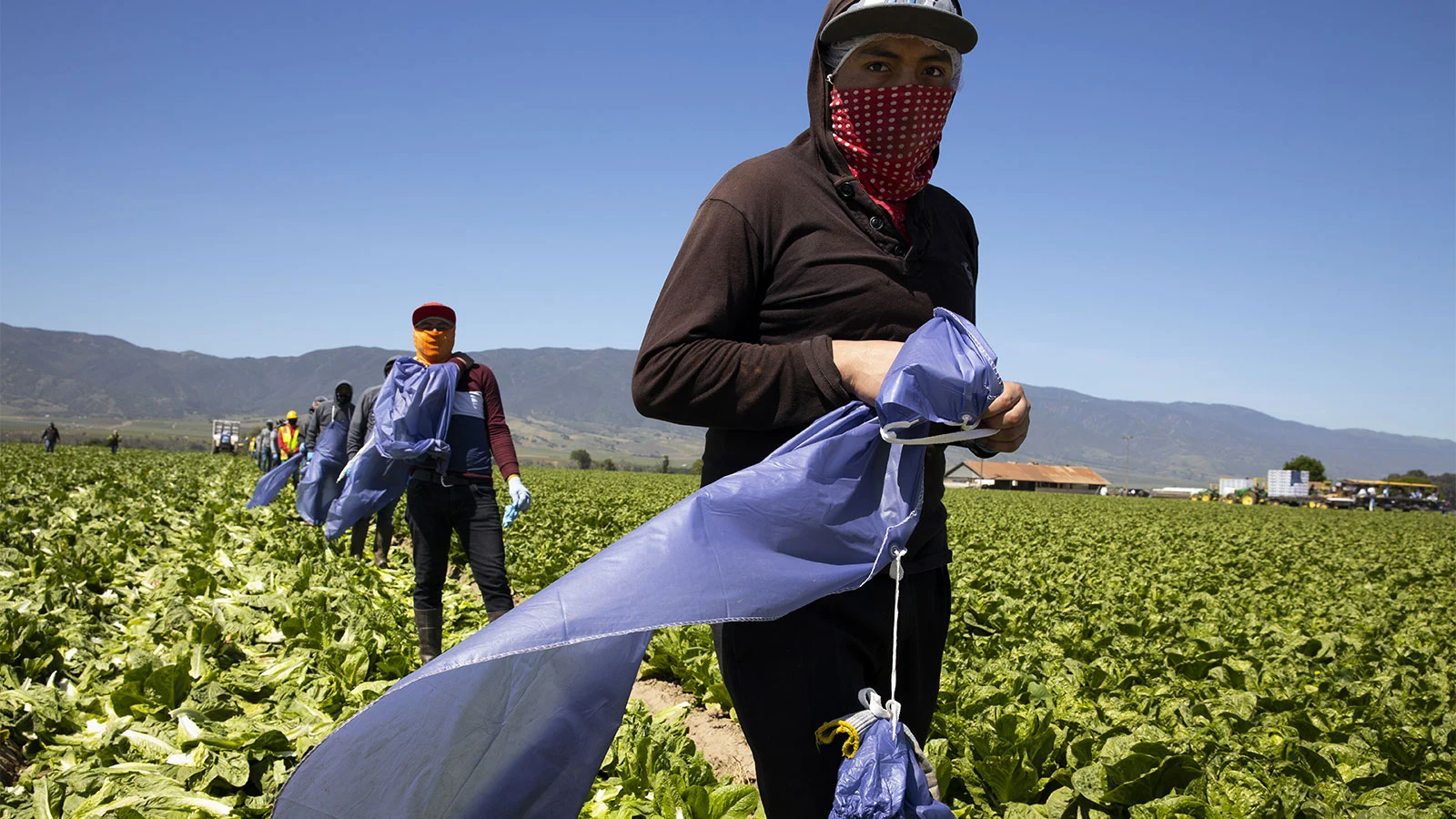



Article by: Hari Yellina
There are now roughly 95,000 asylum seekers in Australia, with about 30,000 of them being denied refuge at both the original and Administrative Appeals Tribunal stages and hence unable to work legally. Many people work in agriculture, including individuals who are not legally permitted to do so. A retired Mildura teacher just called me to tell me how horribly they are treated and how they hide in the shadows to avoid the authorities. They are unable to protest about their treatment and must accept whatever employment they can find under any circumstances, as those who have been denied asylum do not have a legal right to work.
Agriculture Minister David Littleproud spoke hesitantly in support of an amnesty for undocumented migrants (mostly unsuccessful asylum seekers) working on farms last year, at the urging of farm lobby organisations. It would have provided them with rights and aided in their protection against exploitation. Attorney General Michaelia Cash rejected the notion almost immediately, without offering an alternative. Australia, like North America and Europe, appears to wish to brush undocumented migrant farm workers under the rug. To add to the exploitation, we have steadily increased Australia’s Pacific Island visa programmes for seasonal farm labourers over the last ten years and “streamlined” their rules for the benefit of businesses and labour hire companies.
At least 30 people have died in Australia while on these visas. This is dismissed by the government as bad luck, or a typical death rate. That’s quite unlikely. If working holidaymakers or students died at this rate, there would have been over 1,000 working holidaymaker deaths and over 1,400 student deaths in the last ten years. Over 1,000 Pacific Island visa holders have “absconded” from their employment in the last year due to exploitation and abuse. A Senate committee investigating the abuse of migrant farm workers heard testimony from a group of Pacific Island farm workers earlier this month. They displayed pay slips with unusual deductions for a variety of “creative” reasons, leaving them with little funds to buy food, let alone maintain their family back home.
What was the government’s response? It sent cautions to these employees not to flee the country. It is threatening to deport the workers who provided evidence. It’s unclear how the government believes this would fix anything. In response to proposals from its own migrant worker task committee, the government proposed legislation to address exploitation in 2019. Employer groups tried to soften down the very weak draught legislation it created for comment, and it will now not be passed before the election. Even if the legislation were to pass, the Fair Work Ombudsman (FWO) would be unable to enforce it due to a lack of resources. The FWO is currently overwhelmed by its responsibilities. Even stringent and well-resourced policies have failed to have a significant influence on the exploitation of migrant farm labourers in other countries.